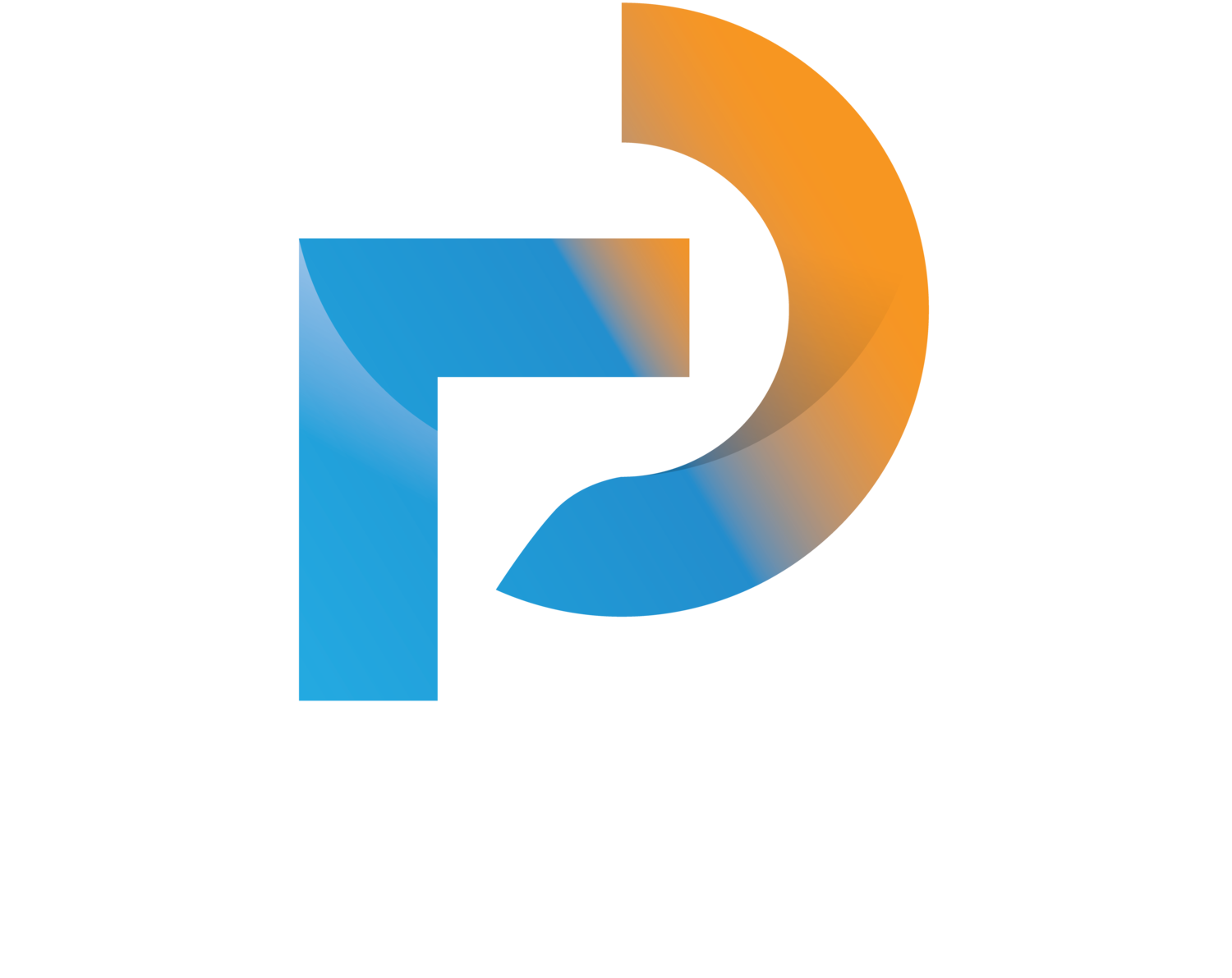An Occupational Therapist Is Your Enabler
OCCUPATIONAL THERAPISTS EMPOWER YOU TO BECOME INDEPENDENT IN DAILY TASKS.
There’s a saying that goes “A physiotherapist will teach you to walk but an occupational therapist will help you put on your dancing shoes and dance the night away.”
SO WHAT IS OCCUPATIONAL THERAPY?
Occupational Therapy (OT) is a profession which works with clients of all ages aiming to ease people, particularly those with disabilities, back into normal livelihood.
Illnesses and/or accidents can affect clients in their Activities of Daily Living (from feeding themselves to getting dressed). OTs work with clients to develop client-centred treatment plans to overcome such impairments by helping them relearn basic skills which may have been affected by physical, cognitive and psychosocial issues.
Meaningful activities will be conducted to help you to live more independently and engage you. We share methods to overcome impairments, and where impossible, embrace the disabilities whilst preventing handicap. These include exercises, physical aids, reminders, and almost anything creative one can think of.
For example, clients with joint deformities from Rheumatoid Arthritis for example, they might have difficulty eating due to pain in their hands and feet. Adaptive utensils such as modified spoons with hand straps, bent at an angle can assist eating.
They maybe unable to go to the market due to pain and foot deformities, which can be overcome with supportive shoes and walking aids (some can be disguised as market trolleys or umbrellas for those who feel embarrassed). Many such clients have pain, social isolation and depression as a result. In addition to supportive counselling, OTs can support such clients’ mental health through use of techniques like Cognitive Behavioural Therapy and positive psychology.
We can further advice and plan with our clients on resources and strategies for social engagement, overcoming the social isolation (e.g. attending day care, cooking, gardening), with some clients even being so empowered that they serve as patient ambassadors to inspire others.
In advocating for our clients, we engage their families in coming to the optimal management plan, ameliorating any caregiver burden they experience with practical help and strategies, and referral to appropriate supporting organisations as needed.
Areas OTs work in include but are not limited to:
- Burns and plastics rehabilitation
- Cardiac rehabilitation
- Neurology rehabilitation
- Driving assessment and rehabilitation
- Occupational health and ergonomics
- Oncology (cancer) rehabilitation
- Orthopaedics rehabilitation
- Psychosocial rehabilitation and Mental Health
- Paediatrics and child development
Our work involves:
- Enhancing physical and psychological functions
- Cognitive retraining, cognitive stimulation, community mobilisation
- Preventing illnesses
- Falls prevention, prevention of cognitive decline, helping elders stay socially engaged
- Facilitating independent living
- Prescription of mobility aids, home assessment and modification
- Improving quality of life of people with disabilities or special needs
- Prescribing equipment, engaging and activating families, appropriate referral to support groups
- Promoting reintegration to home, work and society
- Work conditioning, work hardening, re-vocationalisation
In short, we activate, enable, influence, motivate, and empower our clients to overcome their impairments and never become disabled or handicapped.
Reach out to us today to learn how you can or help your loved one return to independent living now!
Contact us at ask@physiotherabeat.com or via Whatsapp +65 83220284 for further enquiries.





